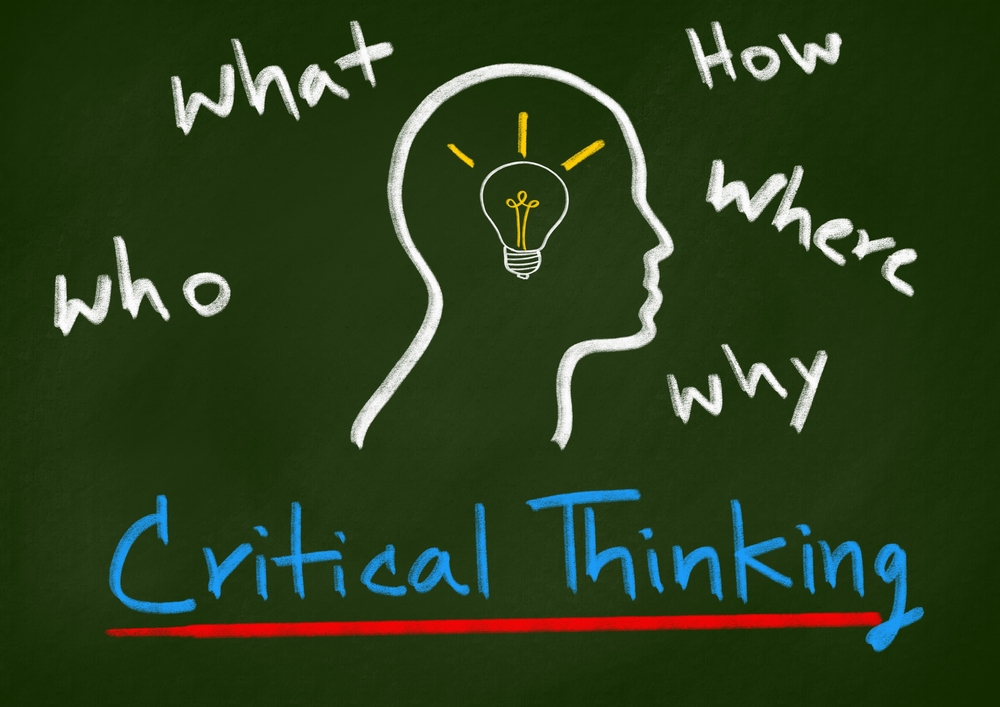Teaching critical thinking is of great importance for students.
Critical thinking skills are playing an increasingly important element in education. What critical thinking does is to encourage and incorporate everyday lessons. So, how do we teach this essential of this fundamental intellectual skill?

What is critical thinking?
Critical thinking is more than memorization of facts, and it encourages students to connect the concepts and solve problems, think creatively, and apply knowledge and skills in new ways. It is a myth that critical thinking skills are only used for subjects like science and math. But, in reality, these skills are based on the evaluation and application of knowledge. That is not only vital for success in all subject areas but everyday life as well.
Critical thinking practices for school education:
Ask questions
Asking questions, especially open-ended questions, give students a scope to apply what they’ve learned with the prior knowledge of the subject. It allows them for problem-solving and which triggers spontaneous thinking, which can boost self-esteem amongst students. This opportunity for students provides them to express themselves in front of their peers with confidence.

Encourage decision-making
Decision-making is a large part of teaching critical thinking skills. It revolves around the application of knowledge and evaluating solutions, and teachers should encourage decision-making as much as possible. This step enables students to apply what they’ve learned to various situations, weigh in the pros and cons of the of solutions, then decide which solution works best for them.
Work in groups
Group projects and discussions are another way for teachers to encourage critical thinking skills. Group learning not only exposes students to the thought processes of their classmates, but it also expands their thinking and worldview and demonstrates that there is never one right method to solve a problem.
Incorporate different points of view
Some of the best thinking exercises for school students involve exploring a concept from different perspectives. This tactic establishes that an idea should be assessed from different points of view before an opinion is formed. Still, it also gives students a chance to share their opinions while listening, learning and understanding from others.
Connect different ideas
Connecting different ideas is a critical step in developing critical thinking. For example, school teachers can ask students simple everyday questions such as – if they know someone who takes the bus to school or work, and if so, why it would be necessary for that person also to have a train or metro schedule. Questions like these help kids consider different situations (delayed buses, for example) and potential solutions (taking the train instead), which helps them apply prior knowledge to new contexts.
 Inspire creativity
Inspire creativity
Imagination is the key to teaching critical thinking. Teachers can seek out new and different ways for students to use the information to create something new. Art and creative projects are an excellent way to do this.
 Brainstorm
Brainstorm
Brainstorming, a time-honoured tradition in education. It is an excellent learning tool. It’s also a unique and useful critical-thinking exercise, especially when paired with visual elements that bring original thinking and classroom discussions to life.
Children learn in different ways as they come from vastly different backgrounds, future school teachers must effectively reach students of various backgrounds. Such that they can learn to think critically and meet the challenges of living in a diverse, complex world.




